Serendip is an independent site partnering with faculty at multiple colleges and universities around the world. Happy exploring!
The brain and "reality"

Reality Reconsidered, From a Brain Perspective
Paul Grobstein
Quadrangle Science Series
20 October 2009
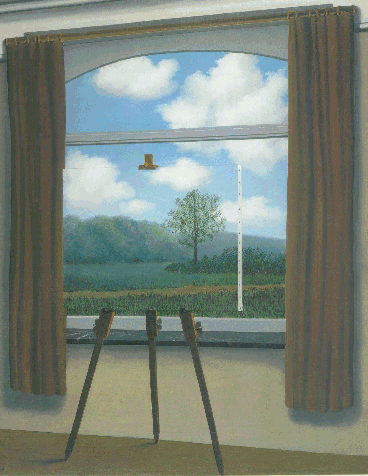 |
| Rene Margritte |
Reality = the way things are, for better or for worse
or, alternatively,
Reality = a combination of informed guessing and conceiving alternatives, so can always be better ("less wrong")
The "bipartite brain"
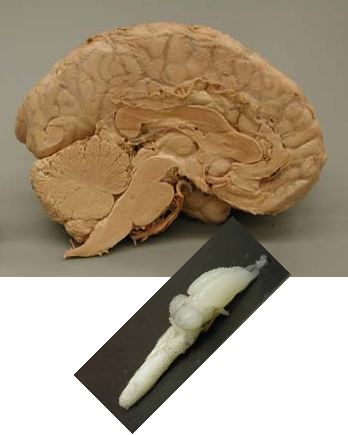 |
conceiving alternatives, conscious, story teller, neocortex
informed guessing, cognitive unconscious, frog brain |
| "Illusions" | Underlying presumptions |
| Contrast/color |
stable "reality": if change in something can reasonably be attributed to change in the surroundings, treat that something as constant |
 |
"reality" is three dimensional; light comes from a particular direction |
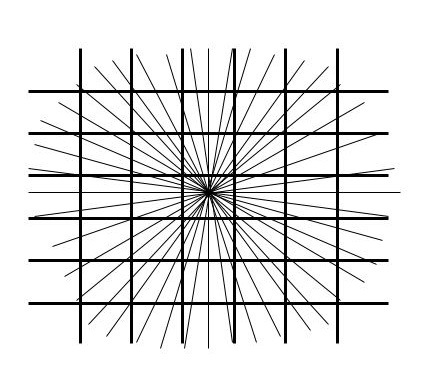 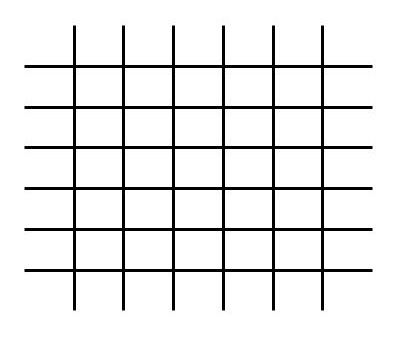 |
"reality" is in motion; what's important is not what things look like now but what they will look like a little bit in the future |
Conceiving alternatives, learning to enjoy uncertainty/ambiguity
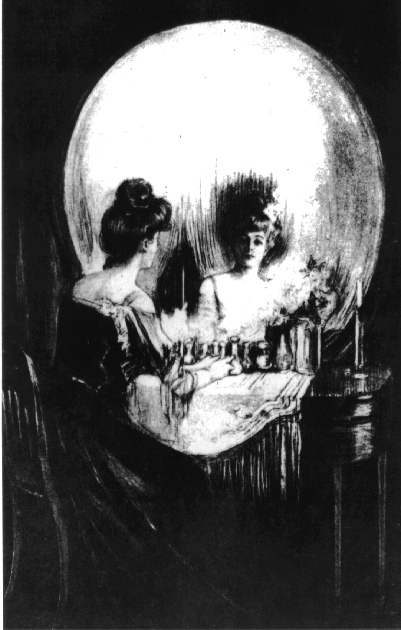 |
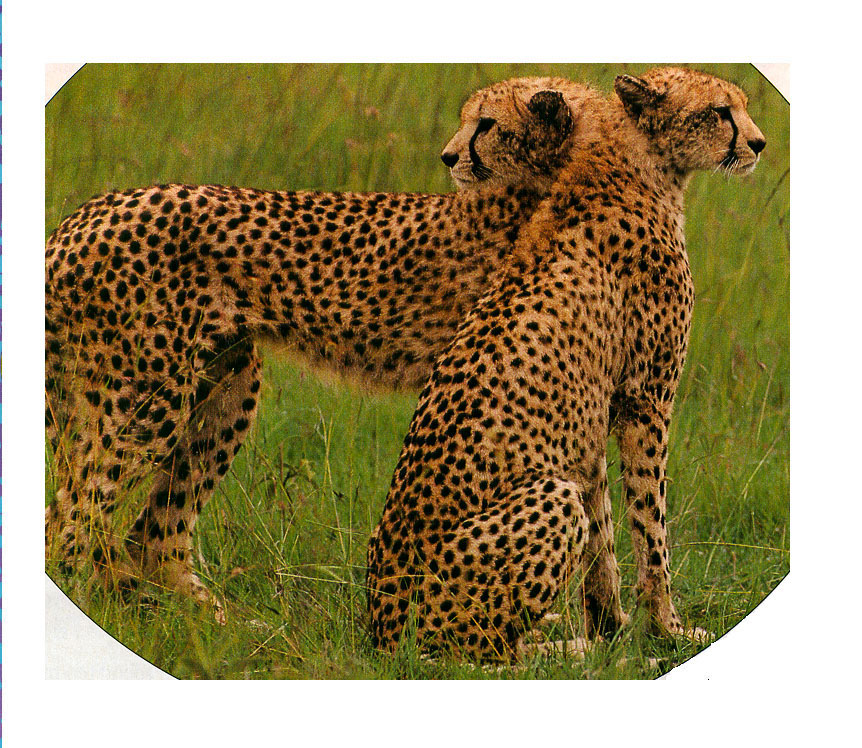 |
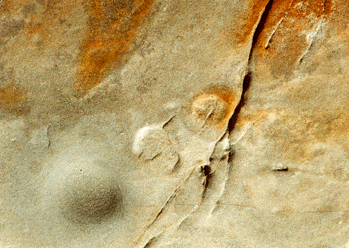 |
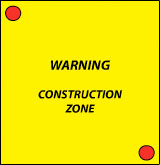 |
Putting them together
| What you see is not "real", in the sense of being unchallengeable, but can be useful/interesting | When you see a world you don't like you can always make it better |
|
Roger Shephard |
Your realities - reactions, thoughts - welcome in the forum area below. Help make this story "less wrong" ...
- Login to post comments
-




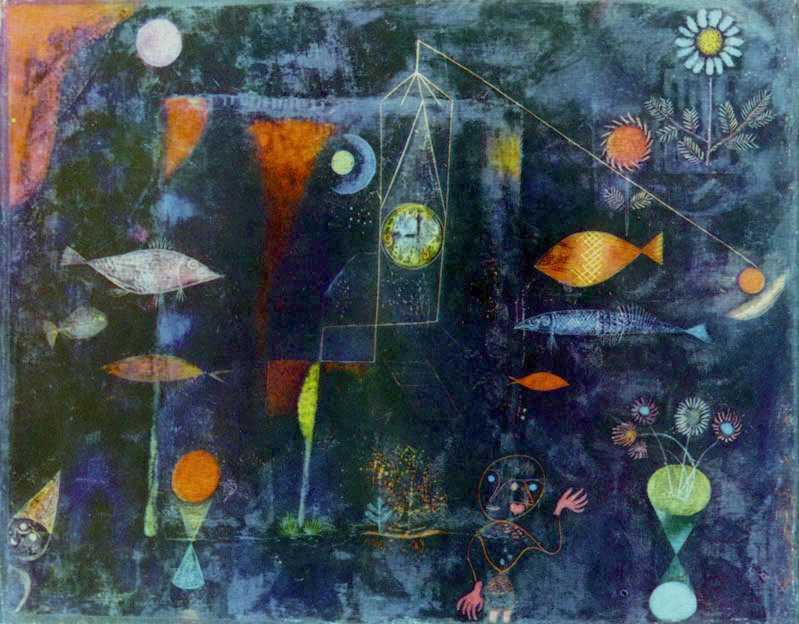


Comments
the brain and "reality": discussion thoughts
Rich discussion. Thanks all for thought/reactions. A few that stick in my mind to mull further ...
Yes, one can indeed test the "informed guess" by adding in additional observations, of one's own (touch a rock to see whether there is actually a depression there, look at it from a different angle, etc), or of other peoples'. Part of the business of the story teller is to be skeptical and encourage further observations. Can one make enough observations to be sure something is "real"? In general, I think the answer is no. There are also multiple ways to make sense of a given finite set of observations, no matter how many there are.
Yes, one sometimes needs to use an approximation of "real" in collecting and synthesizing observations. If one has two photos of adjacent regions of an object, one side of one photo is "really" associated with a particular side of the other photo; one is not free to conceive alternative relations of the two photos. The constraint, however, is self-imposed and relates to presumptions about one's task: to make sense of things in a way that will preserve a sense of "reality" and be convincing to others (see The objectivity/subjectivity spectrum: having one's cake and eating it too). In other contexts (and even sometimes in that context), switching the relations among photos may prove useful.
Yes, it is certainly useful to "trust" the "informed guess" in the presence of a salivating tiger. When one needs to act quickly, its nice to have the picture the unconscious presents. But that doesn't say one can't/shouldn't be skeptical of it when one has time afterwards, and entertain the possibility that what one saw might have been seen otherwise, and should be seen otherwise in the future. Was that person across the street really threatening or did I over-react?
Yes, skepticism and entertaining alternatives puts one at risk of a counter-productive paralysis. But there is an effective antidote in the bipartite brain arrangement. Accept the need to act, do so based on the available informed guess, use the results of action together with the ability to conceive alternatives as a way to influence future action. To put it differently, just as one should in general be skeptical of the informed guess, so one should also be skeptical of thinking about alternatives. Neither process is perfect; being able to use both is better than relying solely on either.
Yes, this story is not "provable." In fact, the essence of the story is that nothing is "provable." In science or anywhere else. The test of a story (scientific or otherwise) is its usefulness in the future, to oneself as well as to other people. I'll be interested in seeing how this one plays out.